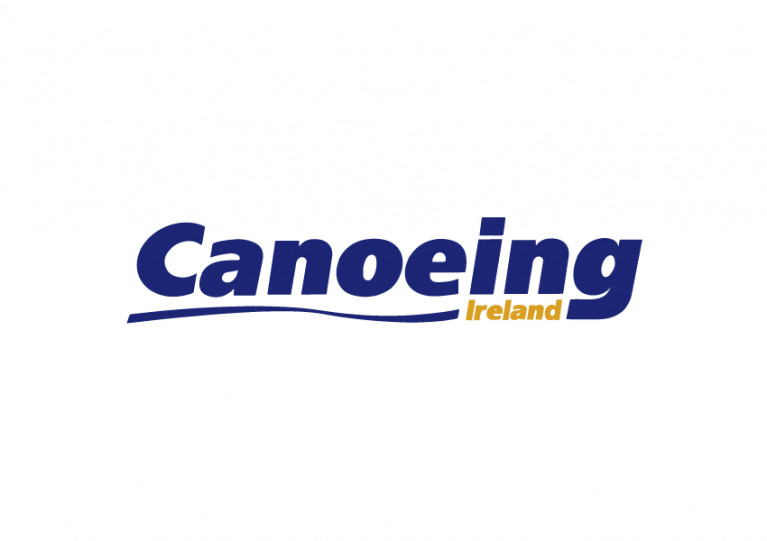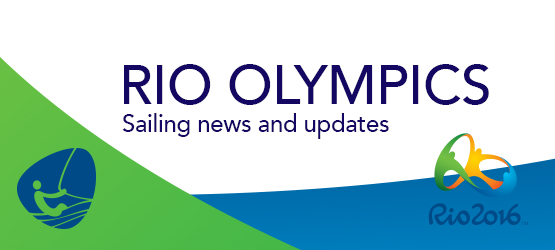


Disappointment as IOC Tell World Sailing to Provide Alternative to Mixed Offshore Keelboat Event for Paris
16th April 2021 World Sailing
Olympic Mixed Two-Person Offshore Keelboat on Ice As World Sailing Looks to Preserve Tenth Medal in Paris
16th April 2021 Paris 2024 Olympic Sailing
Finn & Europe Dinghy Classes Propose Team Scoring Event for Paris 2024 if Mixed Offshore Keelboat is Rejected
15th April 2021 Paris 2024 Olympic Sailing

Donaghdee's Olympic Finn Campaigner Oisin McClelland Going All Out for Euro Result
12th April 2021 Tokyo 2020
Mixed Offshore Duo Kenny Rumball & Pamela Lee Head for Scilly Isles in Saint Hilaire-Sardinha Cup
12th April 2021 Pamela Lee
Mixed Offshore Keelboat Pair Rumball & Lee Ready for Second Leg of Sardinha Cup
11th April 2021 Mixed Offshore Keelboat

Robert Dickson & Sean Waddilove Are the Afloat.ie "Sailors of the Month" for March
1st April 2021 Sailor of the Month
Caution Advised on Grand Canal in Celbridge For Canoeing Ireland Selection Event This Saturday
31st March 2021 Canoeing
Mission Accomplished: Olympic 49er Sailors Robert Dickson & Sean Waddilove Are Tokyo Bound
27th March 2021 Tokyo 2020
Ireland's Newest Tokyo Olympic Sailors Wrap up in Lanzarote with a 49er Medal Race Win
26th March 2021 Tokyo 2020
Irish 49er Duo Dickson & Waddilove Secure Tokyo Olympic Berth Before Medal Race
26th March 2021 Tokyo 2020






























































